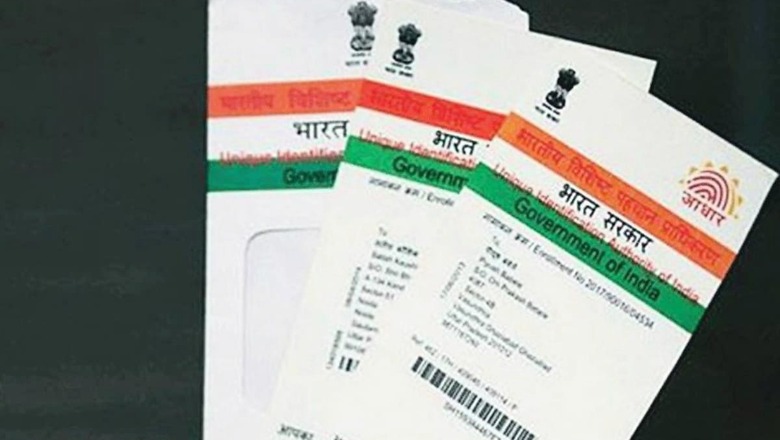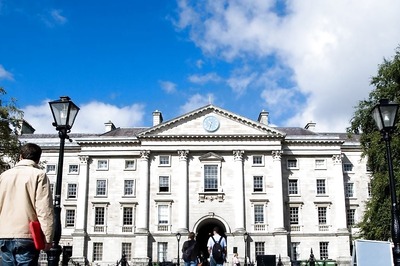
views
Amid growing debates on the government’s proposed ban on cryptocurrency and introduction of virtual currencies, reports suggest that the ban might be linked to the Jan Dhan-Aadhaar-Mobile trinity launched by the Modi government.
The Centre’s flagship Aadhaar scheme aimed to enrol citizens into a social security number or Aadhaar number network system through which subsidies and other benefits by the government. The scheme was challenged in court in 2012 on grounds of privacy infringement and lack of statutory backing. Years later in 2018, the Supreme Court upheld the constitutionality of the Aadhaar Targeted Delivery of Financial and other Subsidies, Benefits and Services Act, 2016 (Aadhaar Act) and the 12-digit unique identity scheme. The court said that while Aadhaar would be needed to access social welfare schemes, citizens cannot be forced to present Aadhaar while opening bank accounts and getting mobile and internet connections.
“The Aadhaar project was rolled out to ensure that everybody has an account with the government and they have their IDs and payments. I think that is part of the reason they are going to crack down on cryptocurrencies,” Brent Johnson, CEO of US-based Santiago Capital told ETMarkets.com.
Over 127 crore Aadhaar biometric IDs have been generated as on January 15, against the projected population of about 137 crore. According to UIDAI, 96 crore out of the 110 crore bank accounts have been linked to Aadhaar numbers, as per reports.
The Reserve Bank of India (RBI) in 2018 had banned banks from processing transactions relating to cryptocurrency. The Supreme Court lifted the ban lifted last year, stating that it violated business and profession freedom under Article 19(1)(g) of the Constitution. Since then, cryptocurrency has been operating in a legal vacuum in India.
The Cryptocurrency and Regulation of Official Digital Currency Bill, 2021 will be tabled in the ongoing Budget session. Finance Minister Nirmala Sitharaman, while responding to a question in the Rajya Sabha on issuing guidelines on cryptocurrency trading, had said a high-level committee formed to study issues related to virtual currencies, recommended that all private cryptocurrencies, except virtual currencies issued by state, will be prohibited in the country.
With the vast network already established, it is suggested that the government’s move to ban and issuing a sovereign digital currency is to ensure there is no competition. “The government probably wants to use that to issue its own cryptocurrency and government just does not like competition,” Johnson said.
India has over 75 lakh cryptocurrency owners with their total holding valued at more than $1 billion. Enthusiasts have urged the government to reconsider the proposed ban and have argued that cryptocurrencies can co-exist with the national digital currency provided they are defined under digital assets, not private currency.
Read all the Latest News, Breaking News and Coronavirus News here

















Comments
0 comment